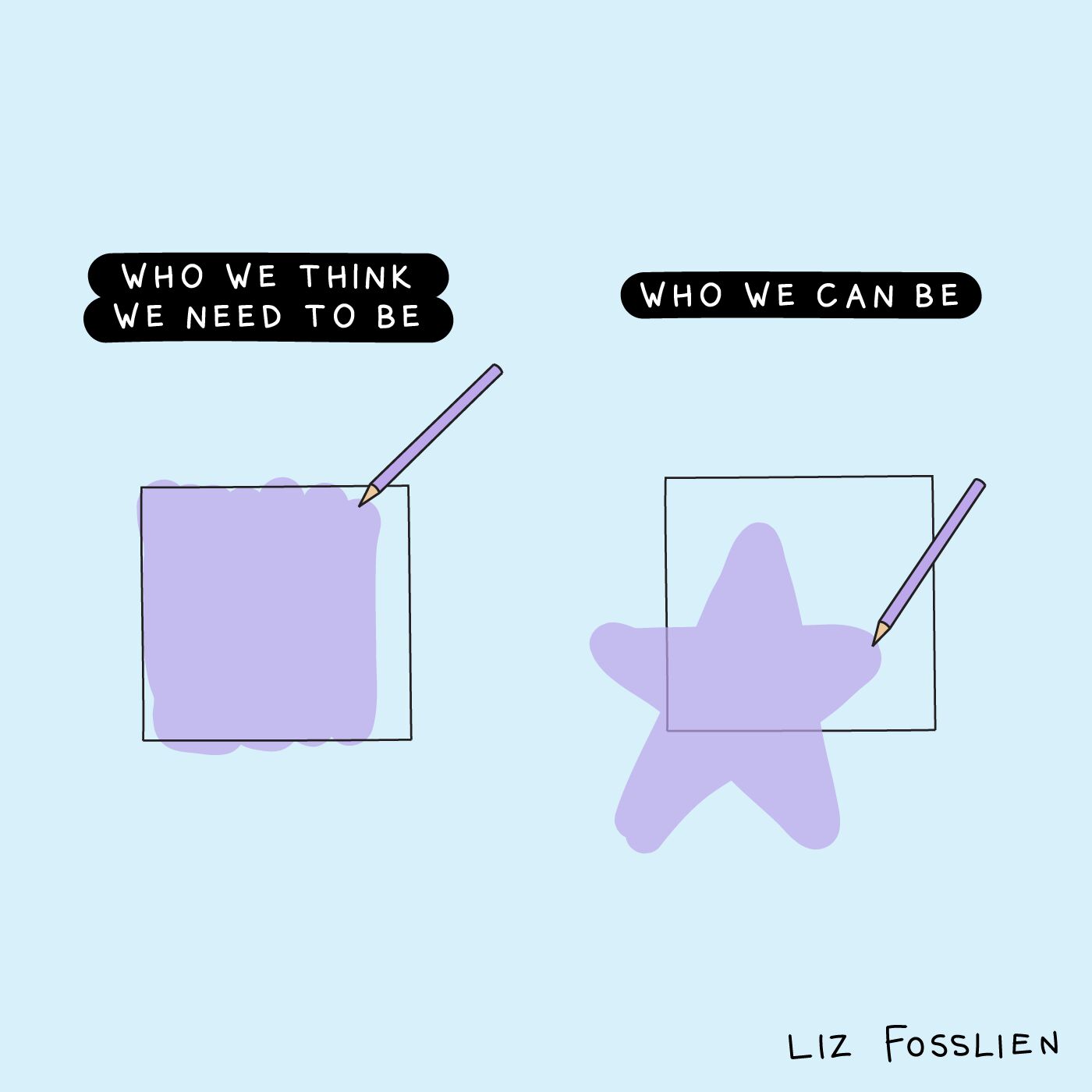Overwhelmed? Struggling to prioritize your to-dos? Here’s how 4Ds can help you take control.
Sep 26, 2024
Silvia de Denaro Vieira

In today’s world, juggling endless to-do lists, caregiving duties, and personal responsibilities can feel like a never-ending challenge. Whether you're an overwhelmed parent or looking to better manage your ADHD, time management often feels impossible. The constant pressure can take a toll on your mental and physical health.
But there’s a simple, effective method you can use to gain control of your day: the 4D framework. It takes just a few minutes to implement, and side effects include improved focus, more efficiency, and better work-life balance. The 4 Ds stand for: Do, Defer, Delegate, and Delete. Let’s break it down.

1. Do: focus on what needs your immediate attention
It’s tempting to try and do everything at once - especially when we’re being bombarded by requests. But the key to taking back control of your time is prioritizing. Start by identifying which tasks are most urgent and essential to your goals. For instance, if you're a parent managing household chores, focus on critical tasks that make the most impact, like prepping meals or organizing your kids’ schedules.
To make things easier, you can break large tasks into smaller, more manageable steps. For example, if your goal is to organize your home, begin by focusing on one room. Dedicate 15 to 30 minutes of focused effort and avoid multitasking. Consistently knocking out important tasks will give you a sense of progress and reduce overall stress.
2. Defer: postpone what’s non-urgent
Not everything requires your immediate attention. In fact, most tasks can be postponed without consequences. The trick is to know which ones, and not confuse deferring with procrastination. If a task isn't time-sensitive but is still important, it’s okay to defer it to a more suitable time.
For example, want to hang up that painting you love? Not urgent. Just make sure to set reminders so that you don’t forget about these tasks. The Coexist app is a great place to dump all the tasks you want to defer so you can relieve that mental load. By deferring, you optimize your time, focusing on what matters most in the moment, without letting non-urgent tasks pile up.
3. Delegate: you don’t have to do it all
One of the most challenging parts of time management is letting go. Whether you're a parent or someone with ADHD, you may feel like you need to do everything yourself for it to be done right. In the long run, this mentality only adds to your stress.
Delegate tasks that others can do. Whether it's assigning entire areas of ownership to your kids (e.g. trash duty or pet feeding) or handing over smaller tasks, sharing the load will give you more time to focus on what truly matters. Trusting others to help not only relieves pressure but also creates a sense of teamwork at home and helps upskill and build others’ self-confidence. An app like Coexist can help you all stay on the same page about what needs to be done, by when, and by whom – without relying on one person to “nag” or be in charge of reminders.

4. Delete: eliminate what doesn’t matter
The final “D” stands for Delete, which means cutting out tasks and activities that don’t add value to your life. This could include unnecessary or low-priority projects that just aren’t aligned with your goals.
A great way to start is by reviewing your to-do list. Ask yourself which tasks are truly necessary and which ones you can let go of. For example, you might find it helpful to cut back on things like attending every social event to free up more time for self-care or family time.
Bringing it all together
The 4D framework helps you regain control over your time by shifting your focus toward what truly matters. By categorizing your tasks into do, defer, delegate, and delete, you can create a personalized action plan that suits your life.
Time management isn’t just about getting more done — it’s about focusing on the right things. With the 4Ds, you’ll find it easier to stay on track, reduce overwhelm, and carve out more time for what really matters, whether that’s spending time with your family or finding a moment of calm for yourself.